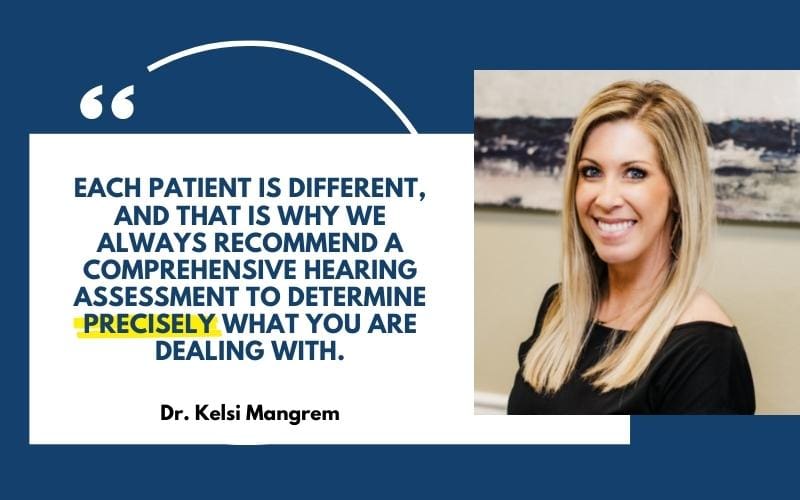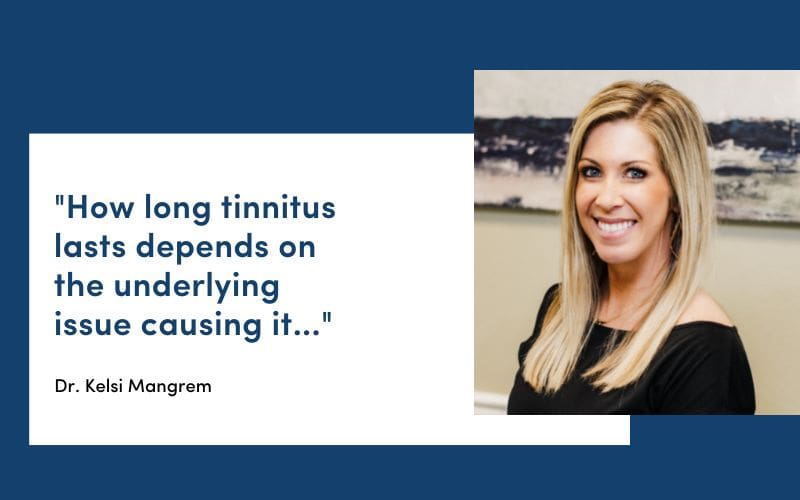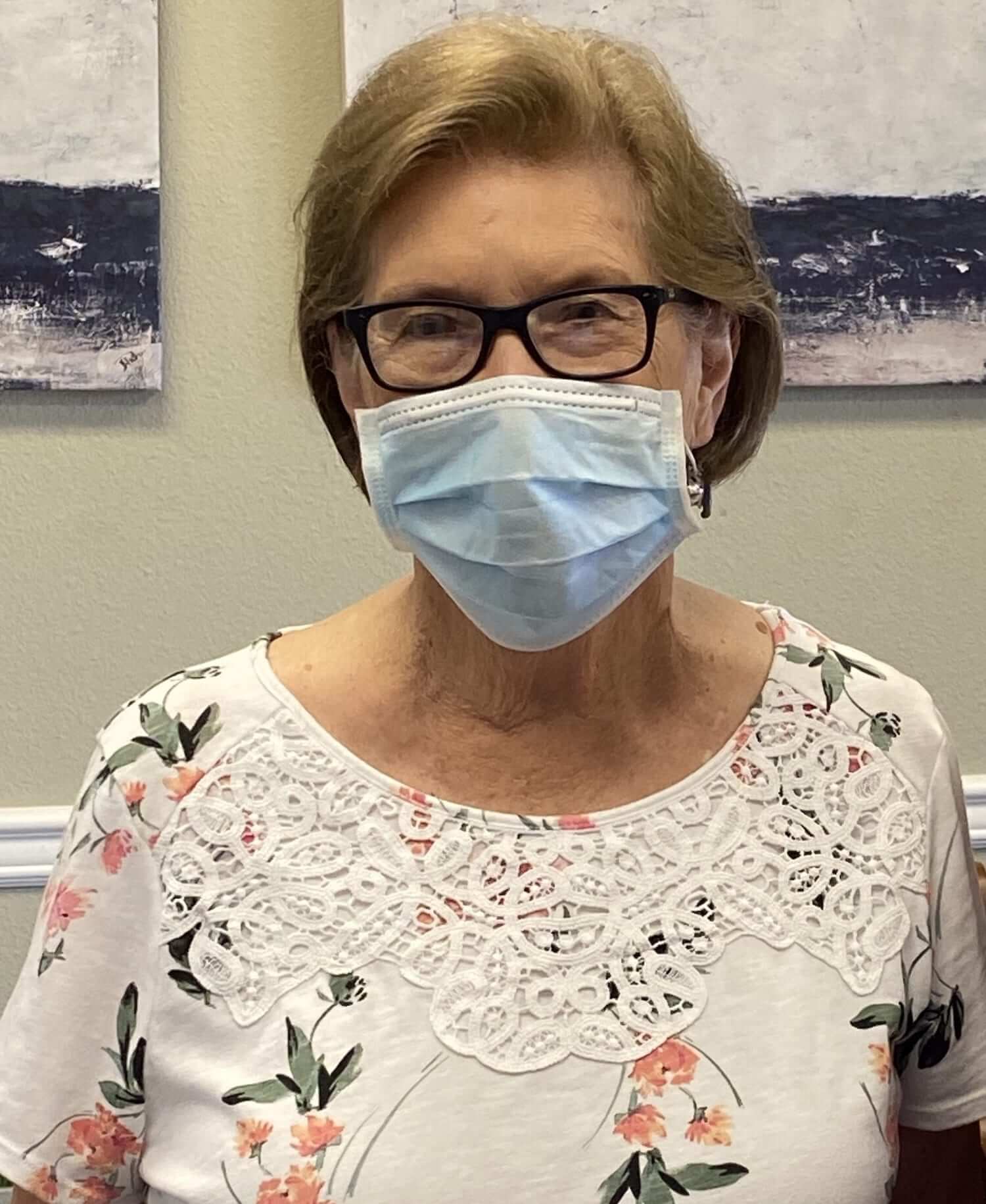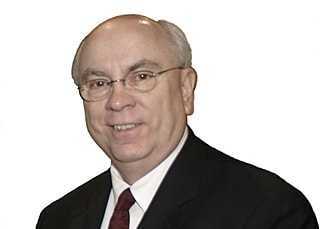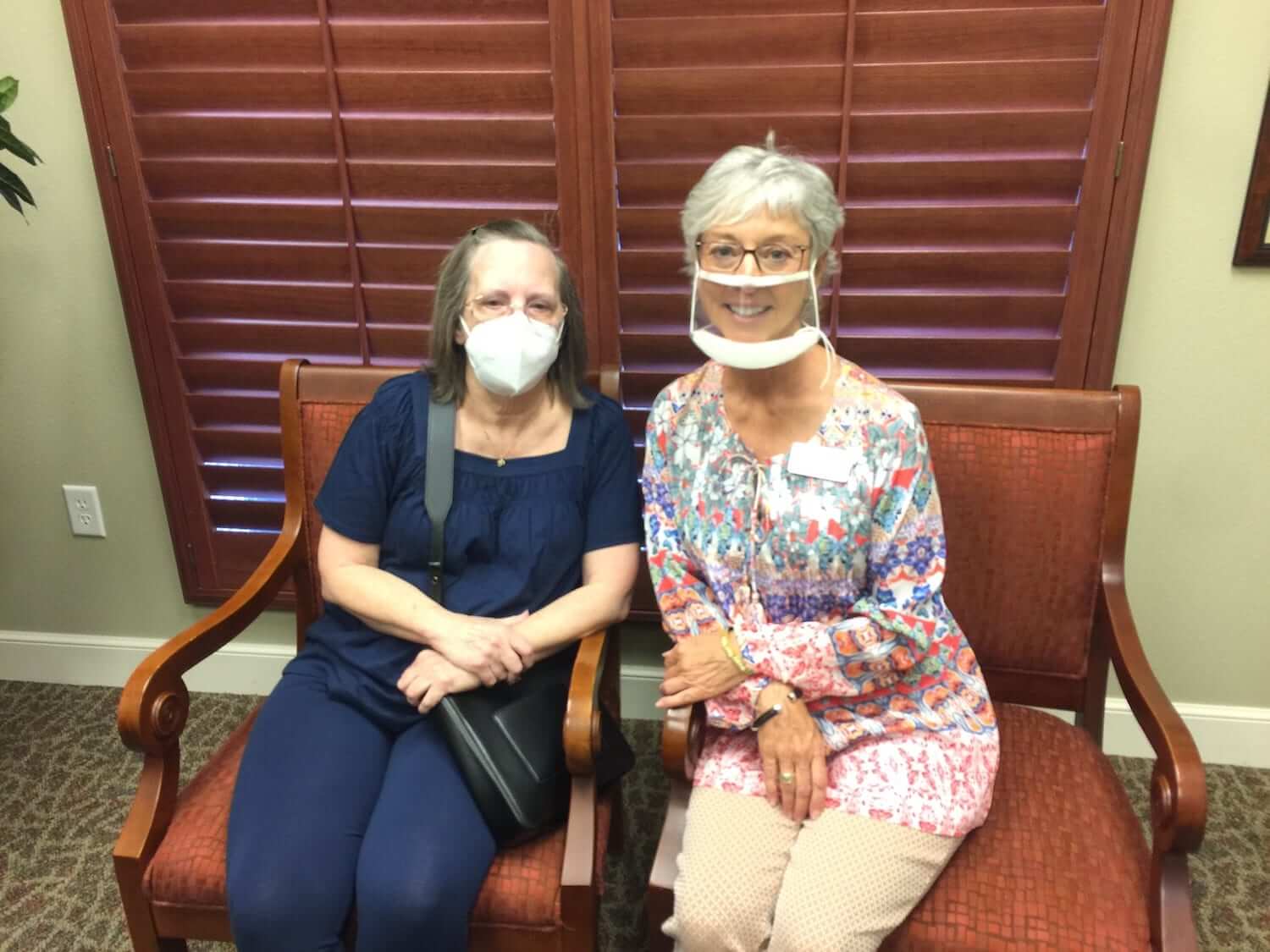Tinnitus is a common condition that affects over 50 million Americans. It can be a result of long-term hearing loss or be brought on by a singular event.
People who work in loud environments are at risk of tinnitus due to long-term exposure. Factory workers, mechanics, and military personnel are more vulnerable; however, a one-time event can also cause tinnitus. Fireworks or gunshots, for example, can cause tinnitus.
Our patients have many questions about this affliction. We are happy to answer all of them and help you get all the information you need to manage it.
Here are the most common questions we face when dealing with tinnitus.
What Is Tinnitus?
In short, tinnitus is the perception of sound within when no external noise or sound is eliciting it. There are two types of tinnitus.
Subjective – This is the most common type of tinnitus and is a ringing, buzzing, hissing, or any other sound that only the patient can hear.
Objective – The rarer of the two, objective tinnitus can sometimes be heard by your hearing care professional. This is a sound created by a physical issue within the ear. With so many small and delicate bones within your ear, they can sometimes rub against each other to produce a sound.
What Are The Symptoms/Sensations Of Tinnitus?
Tinnitus can manifest itself in many ways, sounding like ringing, buzzing, chirping, pulsating, hissing, or a whooshing. I’ve even had patients who have heard music (e.g., hymnals and patriotic songs).
Tinnitus can be intermittent or constant. Some patients report their tinnitus as being a continuous noise that happens 24/7. Others experience the sound sporadically.
Tinnitus can present itself as a symptom of hearing loss or damage to the cochlea. Each patient is different, and that is why we always recommend a comprehensive hearing assessment to determine precisely what you are dealing with.
How Do You Deal With Ringing In The Ears At Night?
Most of my patients have the most significant issues with their tinnitus at night. This is the time when patients are in quiet environments; therefore, their tinnitus is more noticeable.
Tinnitus can be exacerbated by caffeine, sodium, stress, and fatigue. So, after a day at work, coffee to keep us going, and a deli sandwich for lunch, your tinnitus may seem to worsen.
How To Cope With Tinnitus When It Gets Worse?
If you find that your tinnitus is exacerbated by caffeine, sodium, stress, and fatigue, try to remove or manage one of these contributors.
If this doesn’t seem to affect the severity, utilization of a noisemaker (such as a fan, noise machine, or tinnitus app) during those times that are the most difficult will help mitigate tinnitus symptoms.
Will The Ringing In My Ear Go Away On Its Own?
Unfortunately, there are no scientifically approved means of curing tinnitus, and it rarely goes away on its own.
Treatment can help mitigate and subdue the symptoms for most tinnitus patients. However, tinnitus is a subjective symptom, so what may work for one person may not work for another.
Treatment can be in the form of dietary and lifestyle adjustments, hearing aids, TMJ treatments, and/or sound therapies.
What Happens If My Tinnitus Gets Louder?
If tinnitus is perceived to change in sound or intensity, it is highly recommended to seek the counsel of an audiologist and get a comprehensive tinnitus evaluation completed.
This assessment will help you better understand what may be causing the tinnitus and possible treatment options. With this information, we can develop a long-term plan to not only manage your tinnitus now but in the future as well.
Do You Have Ringing In The Ears?
If you have constant ringing in the ears, don’t hesitate to reach out to us and schedule a tinnitus assessment. You can also call us for a no-obligation and friendly chat about your hearing and how to proceed.
This may be happening to a loved one in your life as well. Help them to understand that it will not go away and will very likely progress. The sooner we can address it, the sooner you can get back to enjoying your life without a nagging ringing in your ears.

